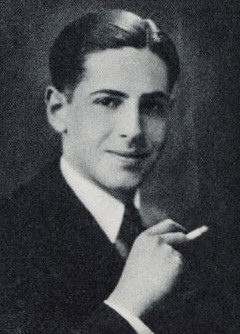His second arrest was the result of a mistake. One evening in The Hague at the end of June 1941, he ventured out into the street and was arrested. However, he was released again on 19 December. Maduro then decided to leave for the south, along with a number of Allied pilots who had been shot down, and planned to escape to England to join the liberation army. His plan failed and due to an act of betrayal, on 4 September 1943 he was arrested in Charlesville on the French-Belgian border and imprisoned in Strasbourg. Maduro was transported to Dachau concentration camp in November 1944. A typhoid epidemic broke out in Dachau. Maduro had been ill on arrival and succumbed to the disease because of his weakened state. He died on 9 February 1945 at the age of 28. On 17 April, Dachau was liberated by US troops. There is a commemorative pavement plaque in front of Frederik Hendriklaan 111, one of the houses where he hid. After the war, the miniature village Madurodam (George Maduroplein 1, 2584 RZ The Hague) was created in his memory. Maduro's parents donated the initial capital necessary to build it. His Dutch Army uniform is on display in the Historical Museum of The Hague (Korte Vijverberg 7, 2513 AB The Hague).
